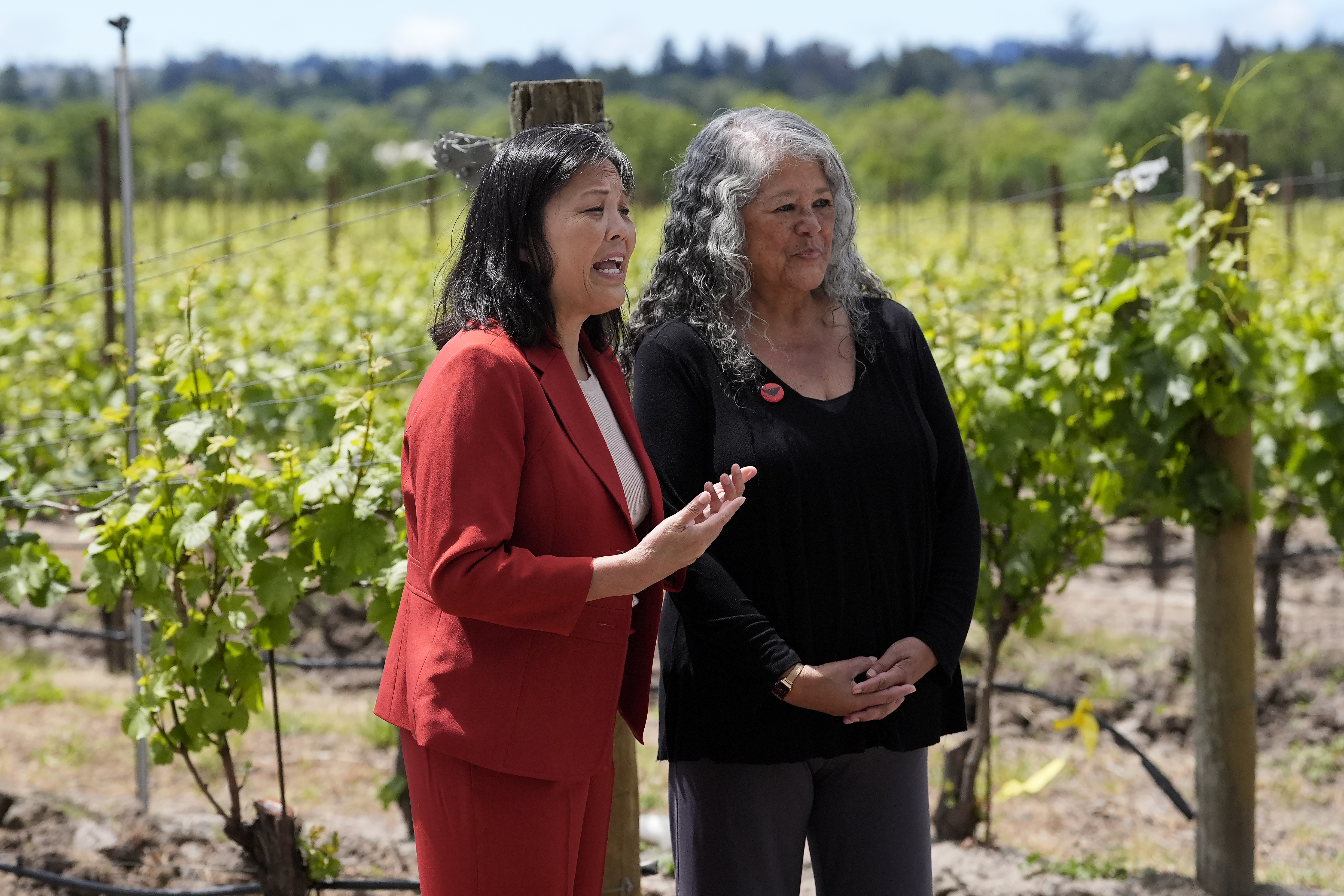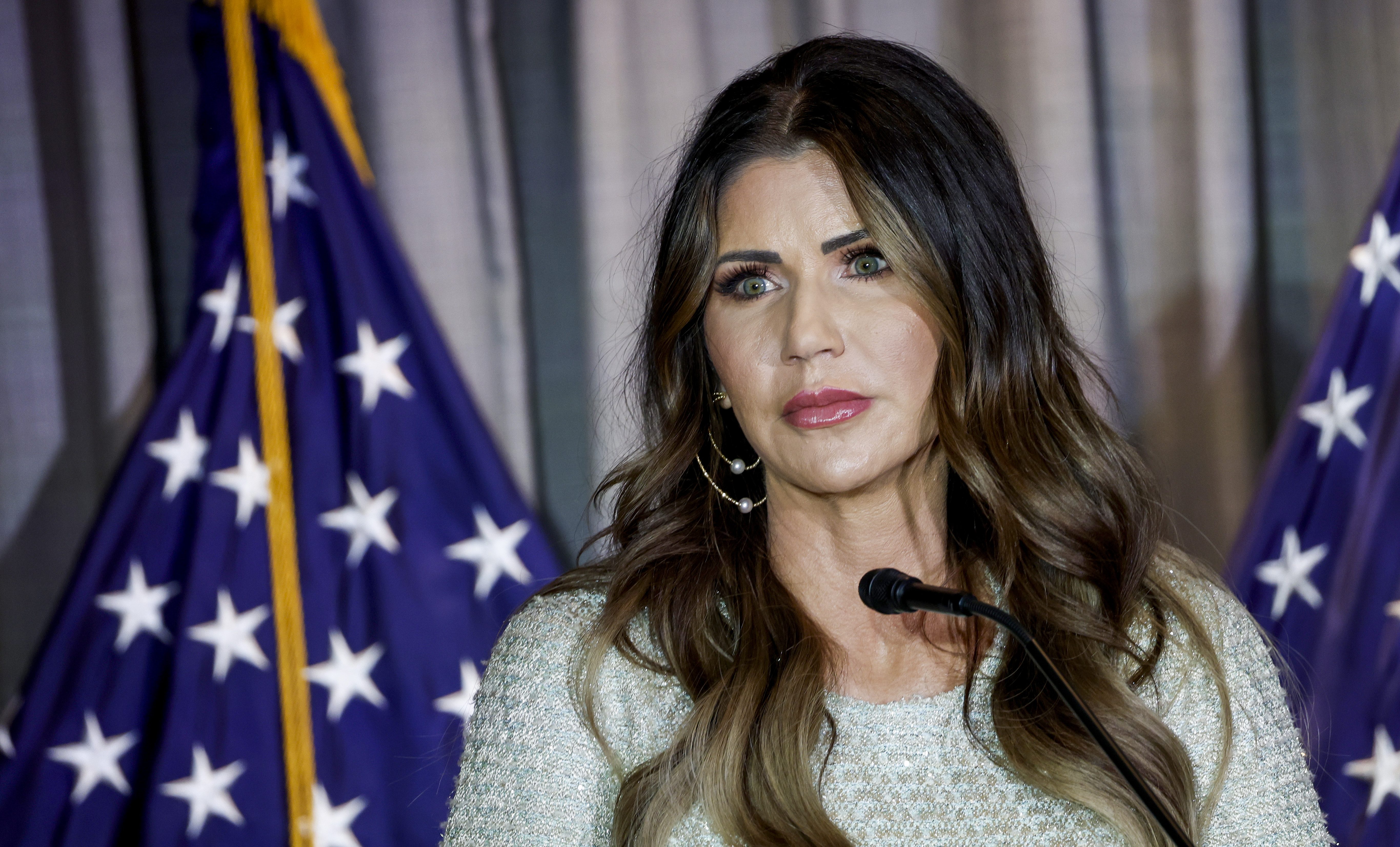Two months before he was assassinated, John F. Kennedy introduced the most sweeping civil rights legislation since Reconstruction. But three years earlier, as a candidate during the 1960 democratic primary, he knew very little about the plight of the African-American community, according to a prominent figure in the civil rights movement.
Harry Belafonte, an American musician and social activist, supported Adlai Stevenson during the 1960 Democratic primary, but agreed to meet with Kennedy, who tried to recruit him. The meeting left Belafonte unimpressed with Kennedy.
“I was quite taken by the fact that he knew so little about the black community,” Belafonte said in a NBC News interview with Tom Brokaw. “He knew the headlines of the day, but he really wasn’t anywhere nuanced or detailed on the deep depths of black anguish of what our struggle was really about.”
Belafonte, a confidant of Dr. Martin Luther King Jr., said he had asked Kennedy during the meeting about Dr. King and found that the future president “knew very little” about the civil rights leader.
He “just knew that somewhere there was this force and he was out there making some mischief,” Belafonte said.
Kennedy wanted to keep distance from King, Belafonte said, in order to secure votes from “the most important element within the Democratic party, which was the southern Democratic oligarchy, the Dixiecrats” – a short-lived segregationist political party.
The civil rights movement was not on Kennedy's radar, according to Clarence Taylor, Professor of History at Baruch College and at The Graduate Center of the City University of New York.
U.S. & World
News from around the country and around the globe
"He had other concerns as both a candidate and as president," Taylor said. "Major concern was foreign policy, so civil rights was an annoying issue for JFK."
Based on the meeting, Belafonte declined to support Kennedy in the primary. But after Kennedy secured a Democratic nomination and exhibited a broader understanding of the civil rights movement, Belafonte got on board.
“As events grew and as events revealed themselves, and he had to make decisions, he became more caught up with us,” Belafonte said. “The moral persuasion of our cause made him take a hard look at who we were.”
When Martin Luther King Jr. was arrested on October 19, 1960, in Atlanta for a sit-in and sentenced to four months of hard labor, Kennedy called Coretta Scott King directly to express his sympathies, Belaftonte pointed out. Bobby Kennedy called the judge in Georgia and King was released on bail a few days later.
Taylor said Kennedy's phone call was a shrewd political move to win black votes. The African-American community took notice of that gesture. During the 1960 election the black vote was crucial in the swing states of Illinois, Michigan and South Carolina that Kennedy carried.
But as president, Kennedy couldn't ignore the civil rights movement. In 1962 he sent hundreds of U.S. marshals to enforce a court order to admit James Meredith, a black student, to the University of Mississippi. And in 1963, after a series of protests from the black community, he addressed the nation to ask for support of the civil rights bill "giving all Americans the right to be served in facilities which are open to the public—hotels, restaurants, theaters, retail stores, and similar establishments."
After the assassination, it was Kennedy's successor, Lyndon Johnson, who pushed the bill through Congress and signed it into law in 1964.
"JFK couldn’t walk away from [the civil rights movement]," Taylor said. "It became the major issue of the day. But I think it’s overblown, portraying Kennedy as a civil rights president. Johnson should’ve been given much more credit."



